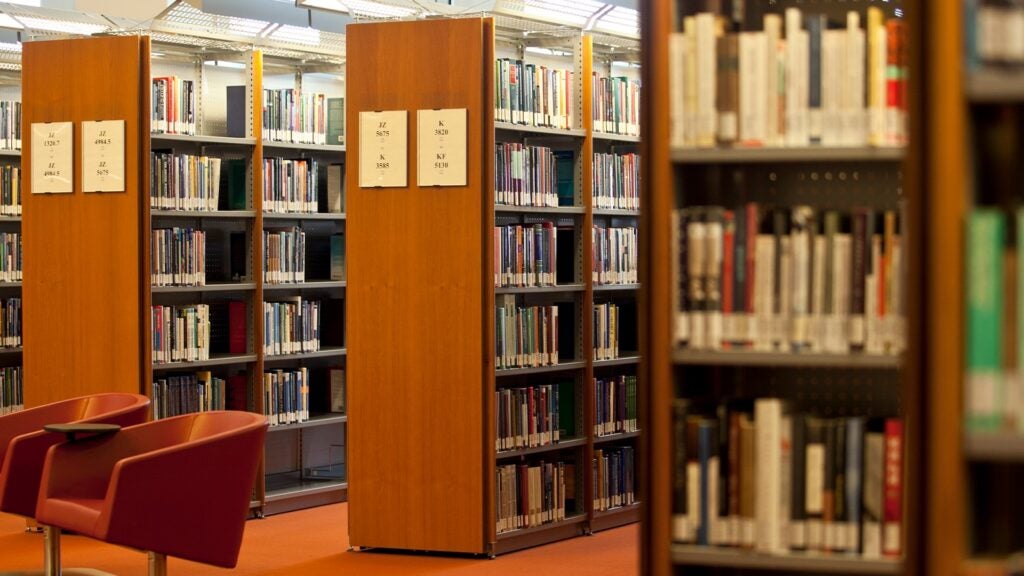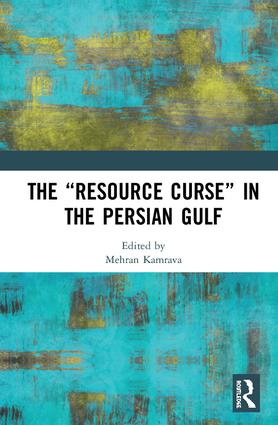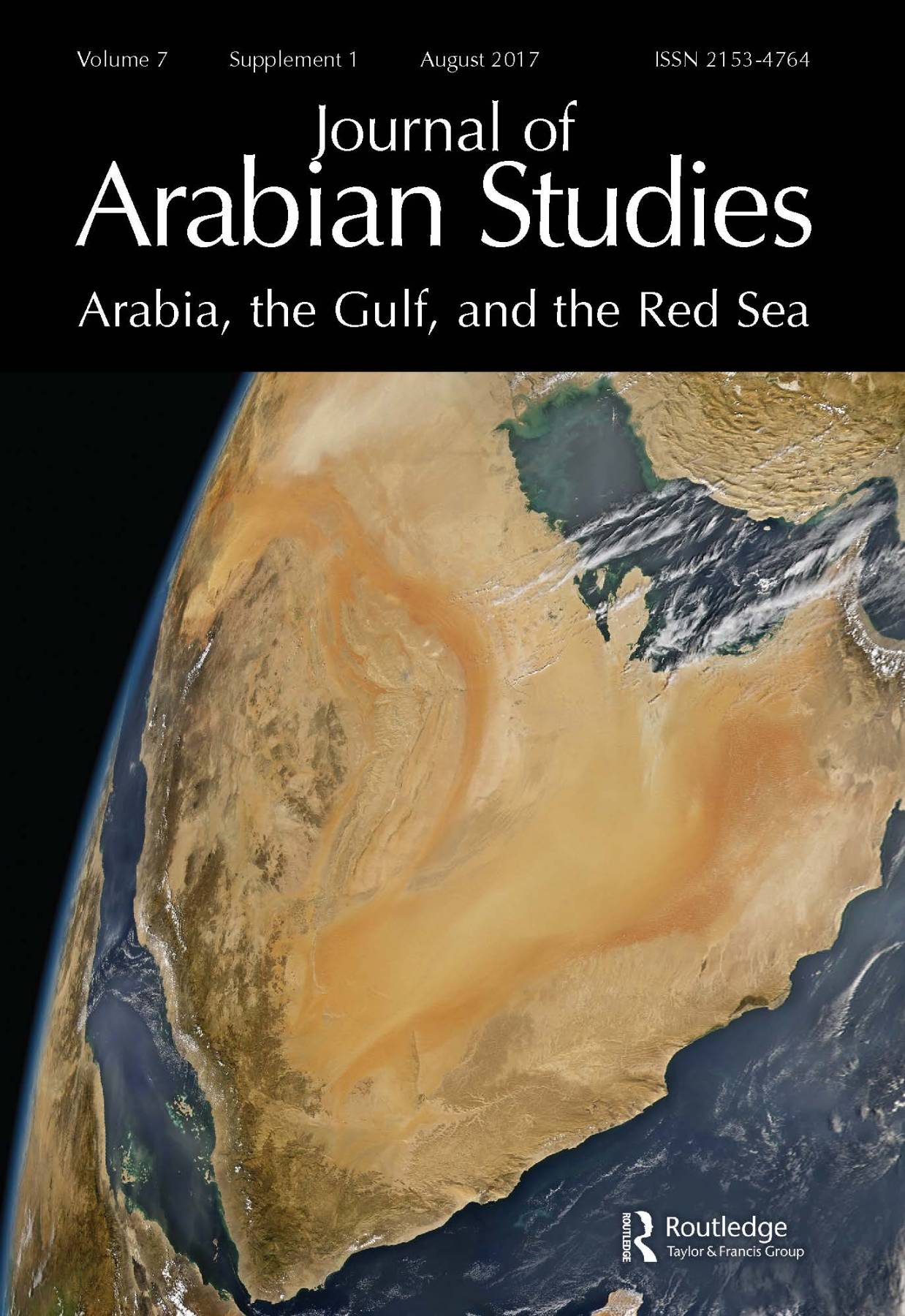Publications

Book

Mehran Kamrava, ed., The “Resource Curse” in the Persian Gulf (London: Routledge, 2019).
The book explores how across the Arabian Peninsula, oil wealth began accruing to the state at a particular juncture in the state-building process, when traditional, largely informal patterns of shaikhly rule were relatively well established, but the formal institutional apparatuses of the state were not yet fully formed. The chapters show that oil wealth had a direct impact on subsequent developments in these two complementary areas. Contributors discuss how on one hand, the distribution of petrodollars enabled political elites to solidify existing patterns of rule through deepening clientelist practices and by establishing new, dependent clients; and how on the other, rent revenues gave state leaders the opportunity to establish and shape institutions in ways that solidified their political control. Read more at Routledge.
Journal Publication

Mehran Kamrava, guest editor, “The ‘Resource Curse’ in the Persian Gulf,” CIRS Special Issue of Journal of Arabian Studies 8.S1 (September 2018).
The debate on whether resource abundance in general, and resource dependence in particular, is a curse or a blessing is an old one. Paradoxically, despite a proliferation of studies on rentierism in the last two decades or so, the specific notion of a “resource curse” has seldom been studied systematically in relation to the Persian Gulf. The articles in this special issue address this gap, looking specifically at the historical causes and genesis of the phenomenon and its consequences in a variety of areas, including human development, infrastructural growth, clientelism, state-building and institutional evolution, and societal and gender relations.